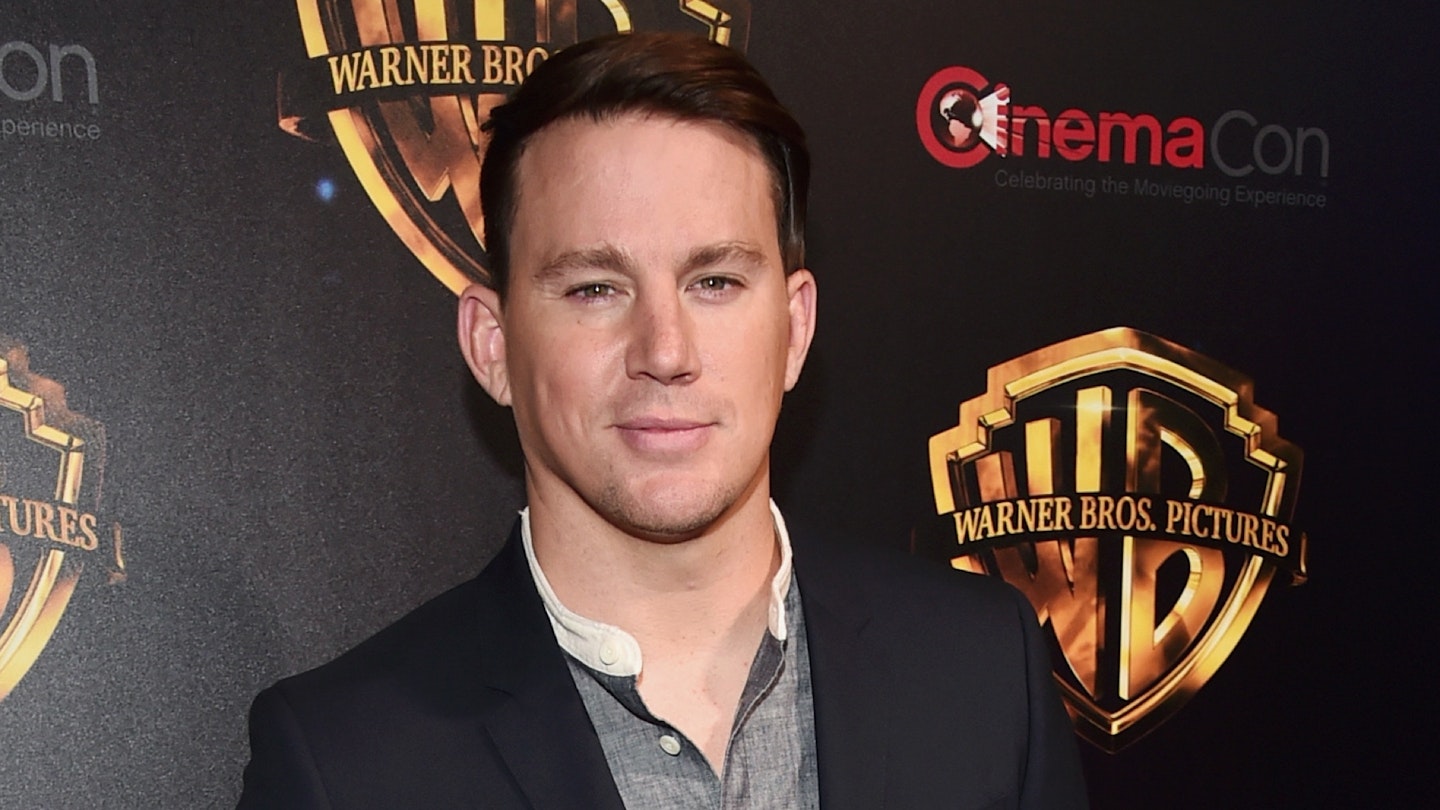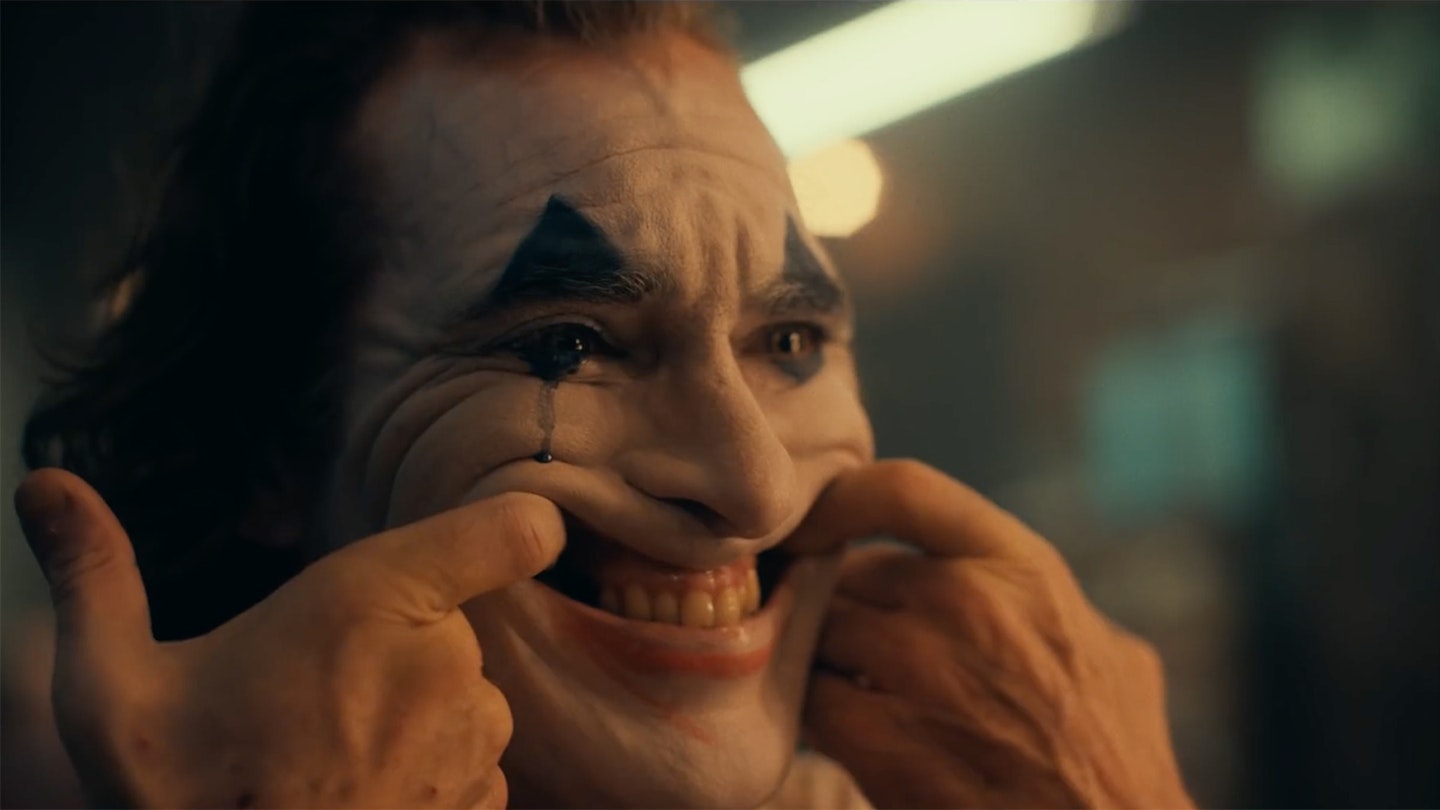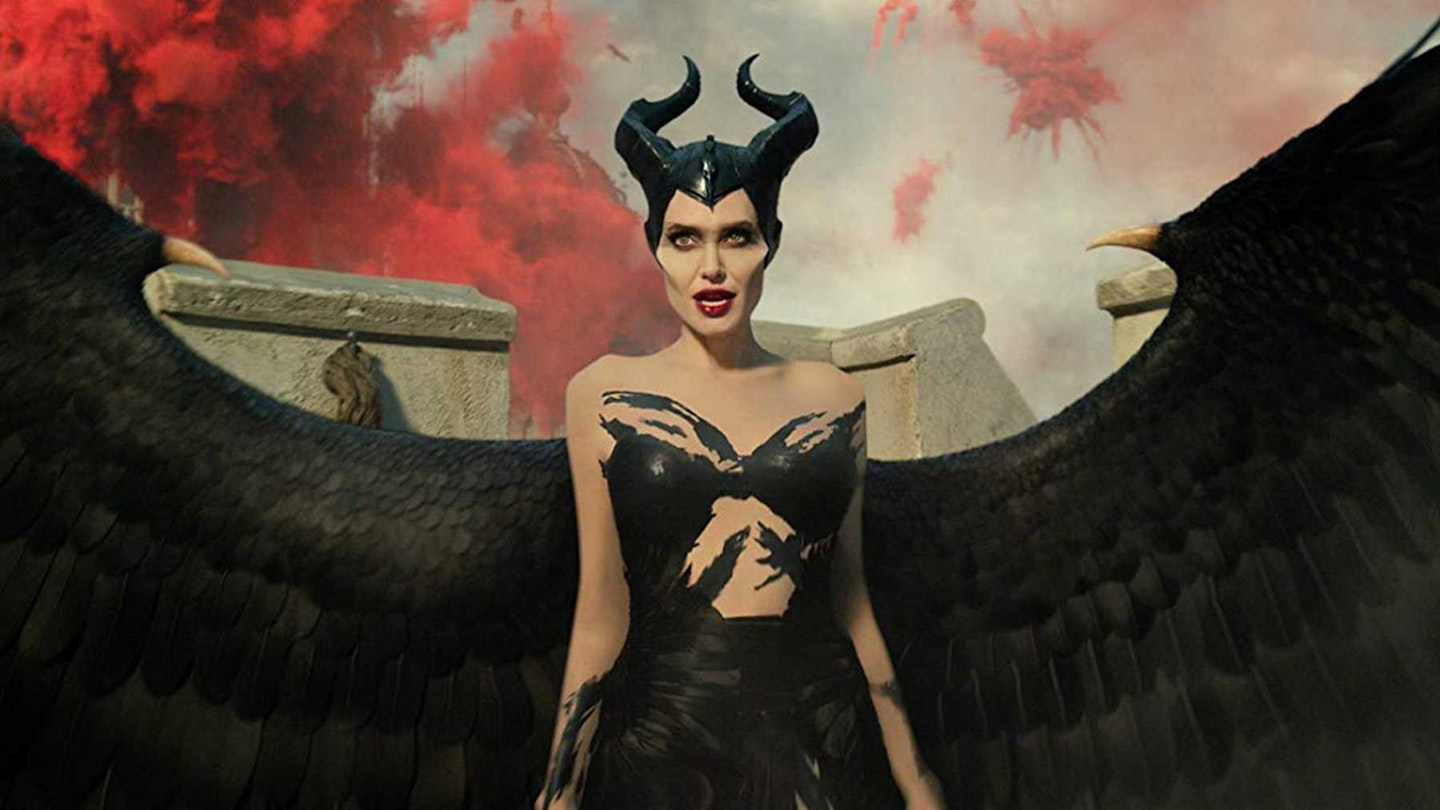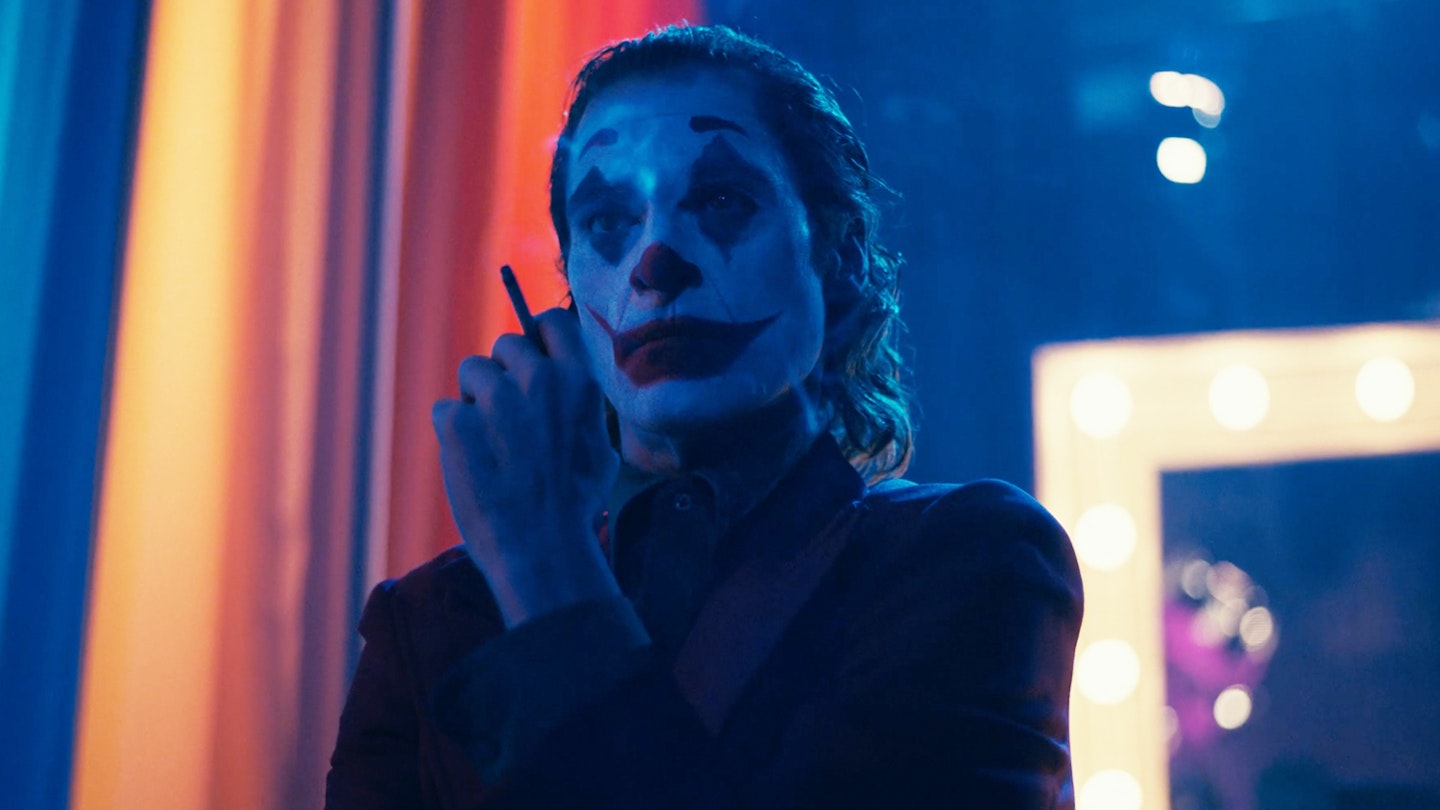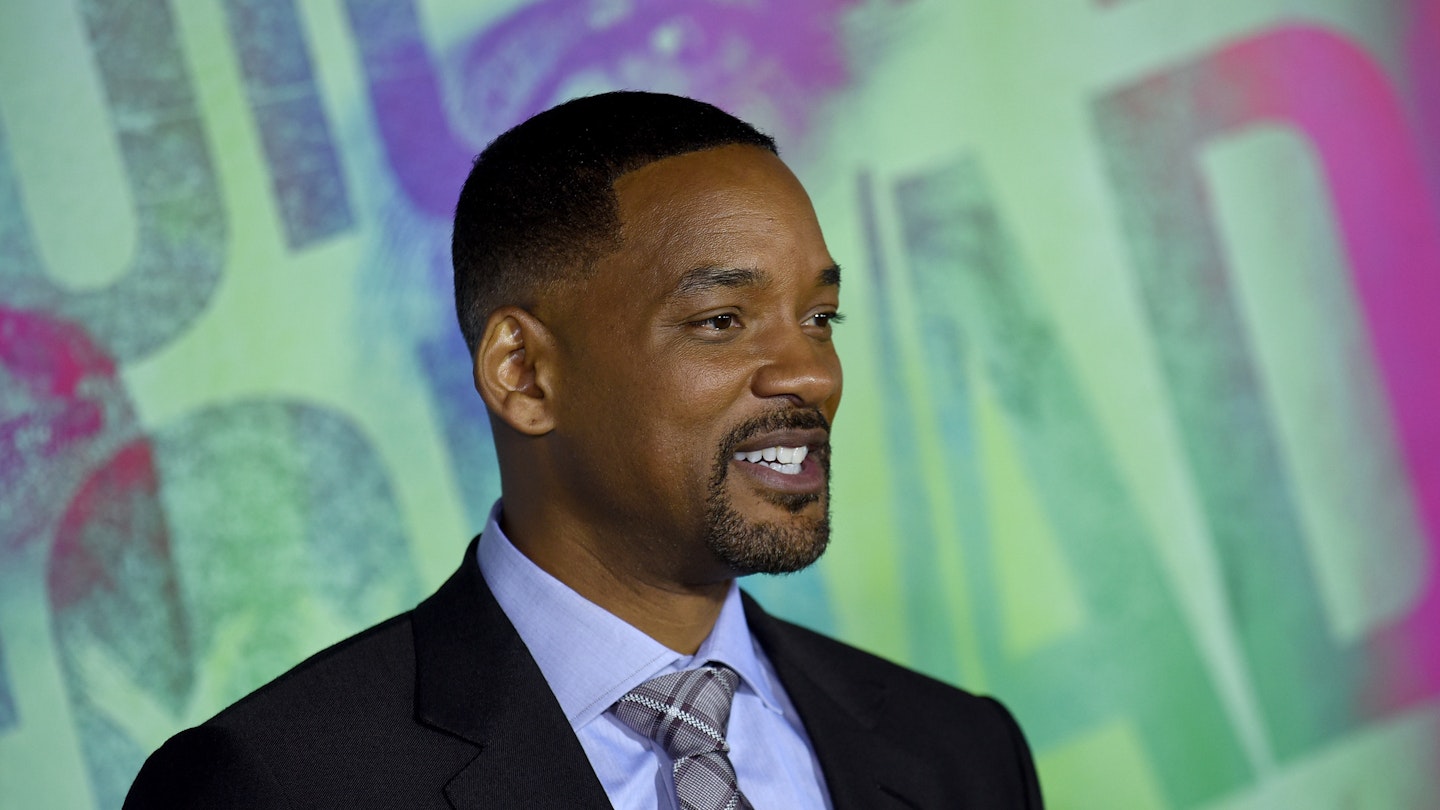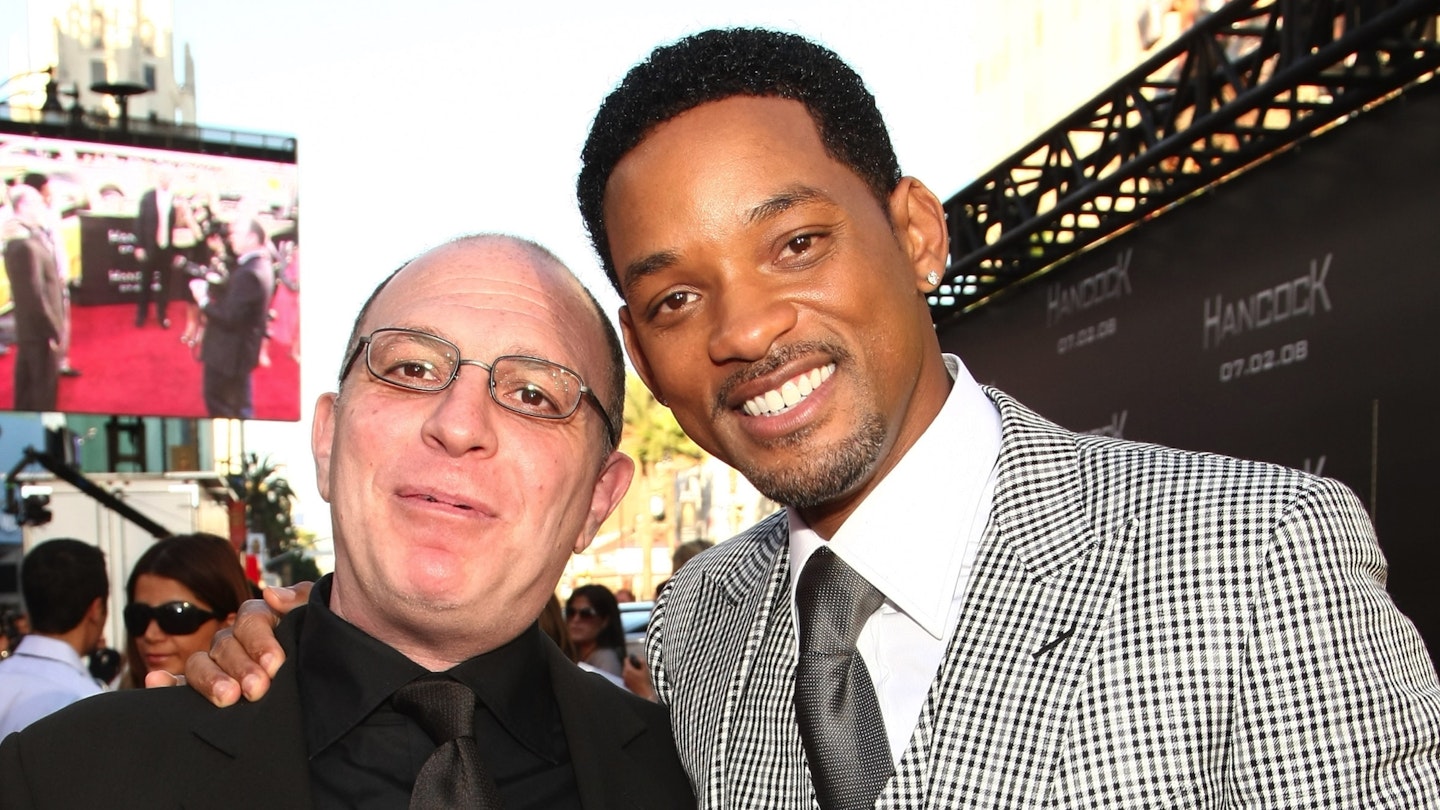Originally conceived in the late ’90s, it’s taken Gemini Man over 20 years to finally reach the screen — two decades in which all kinds of stars (Arnie, Harrison Ford, Tom Cruise) and directors (Tony Scott, Joe Carnahan) joined and abandoned the project. While its long gestation may be attributed to the time it took for filmmaking technology to catch up with its high concept — a contract killer is hunted down by their younger clone — by the evidence of its final incarnation, it’s more likely that the oft-rewritten script (here credited to David Benioff, Billy Ray and Darren Lemke) is to blame — an awful mishmash of cringeworthy dialogue, tell-don’t-show characterisation, and murky plotting.
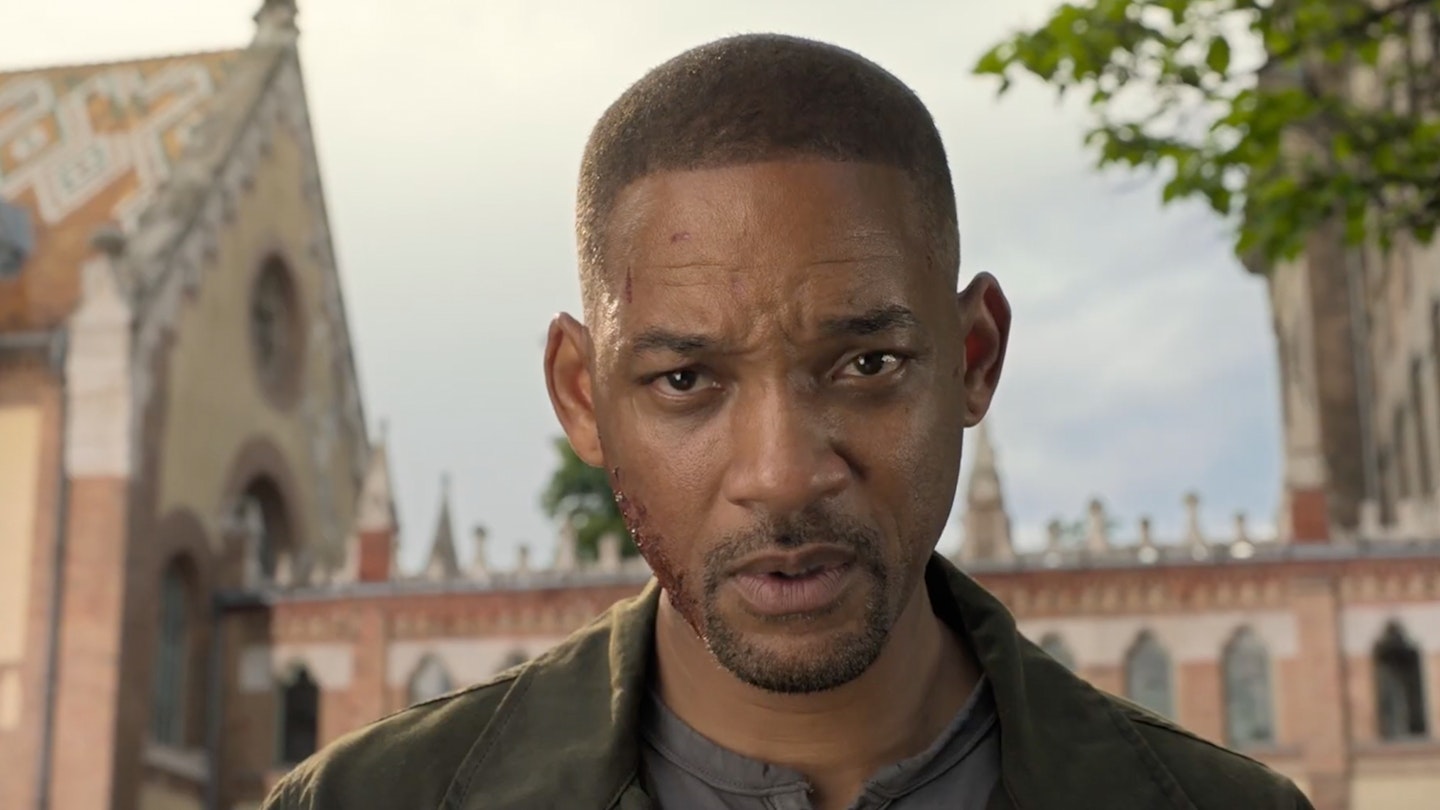
Will Smith plays both ageing hitman Henry Brogan, tired of his empty existence and lamenting his lack of meaningful relationships, and furious young-gun clone Junior, manipulated by his clearly-the-bad-guy father figure Clay Verris (Clive Owen). It’s smart casting considering the image of a 20-year-old Smith remains ubiquitous from his Fresh Prince days, less so in that present-day Smith still looks far younger than his 51 years. Still, Smith puts in a solid performance and the CGI de-ageing effect on Junior is largely convincing — more than can be said for the rest of the film.
The film’s chases and shoot-outs are punctuated with dodgy physics and unintentionally laughable moments.
Eventual director Ang Lee was perhaps drawn to Gemini Man’s blend of espionage-thriller action and more cerebral sci-fi soul-searching — but the emotional potential in a regretful old man literally confronting his younger self and trying to put him on a better path is squandered by clunky, on-the-nose dialogue. The action doesn’t hit the mark either — despite moments of visual flourish, the film’s chases and shoot-outs are punctuated with dodgy physics and unintentionally laughable moments (Junior has a tendency to flip around in odd bouts of overly acrobatic parkour).
All of these flaws are only accentuated by the film’s high-frame-rate presentation. Gemini Man was shot at 120 frames per second rather than the standard 24, and while the filmmaker’s preferred ‘3D+’ format promises smoother action and greater detail, it instead fundamentally dismantles any suspension of disbelief. As with the dreaded motion smoothing effect on HD TVs, everything appears too real and too artificial at the same time — giving an expensive Hollywood blockbuster all the visual sheen of an episode of Hollyoaks. The extra fidelity makes the shaky-cam action nauseating, draws greater attention to the more risible dialogue exchanges, and highlights moments of creaky CGI.
If anyone comes out of this unscathed, it’s Benedict Wong, who lightens the mood as comic relief Baron, replete with moustache, plot-dependent seaplane, and an affinity for tropical birds. Clive Owen’s one-note identikit villain barely registers, and the ever-likeable Mary Elizabeth Winstead struggles in an ill-defined role that can’t decide whether or not it’s aiming for non-existent romantic chemistry with her older male co-star.
While Gemini Man has a punchy central premise, it’s ironic that in its long journey to the screen it was superceded by a newer, superior incarnation. Stick with Looper.


